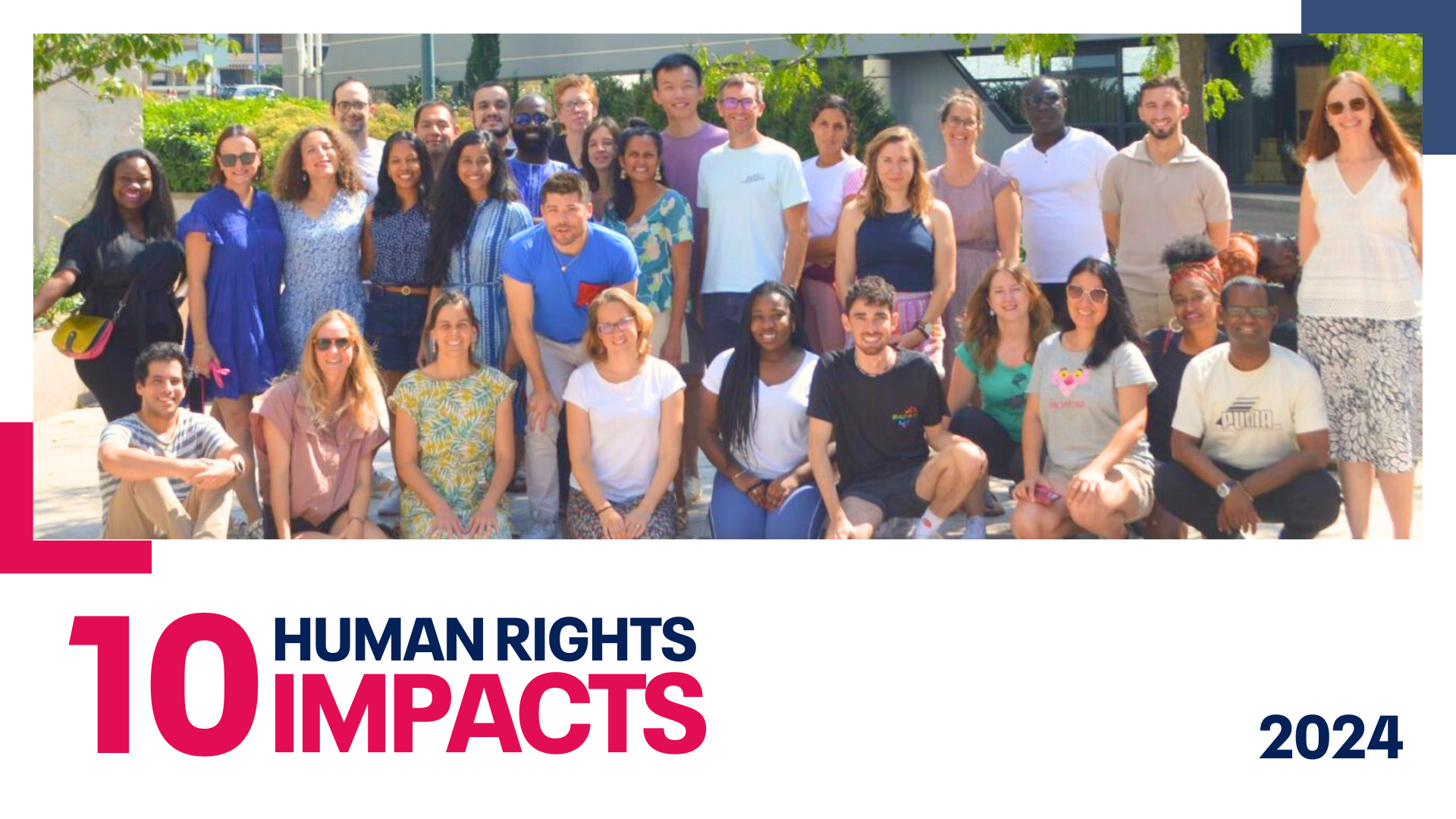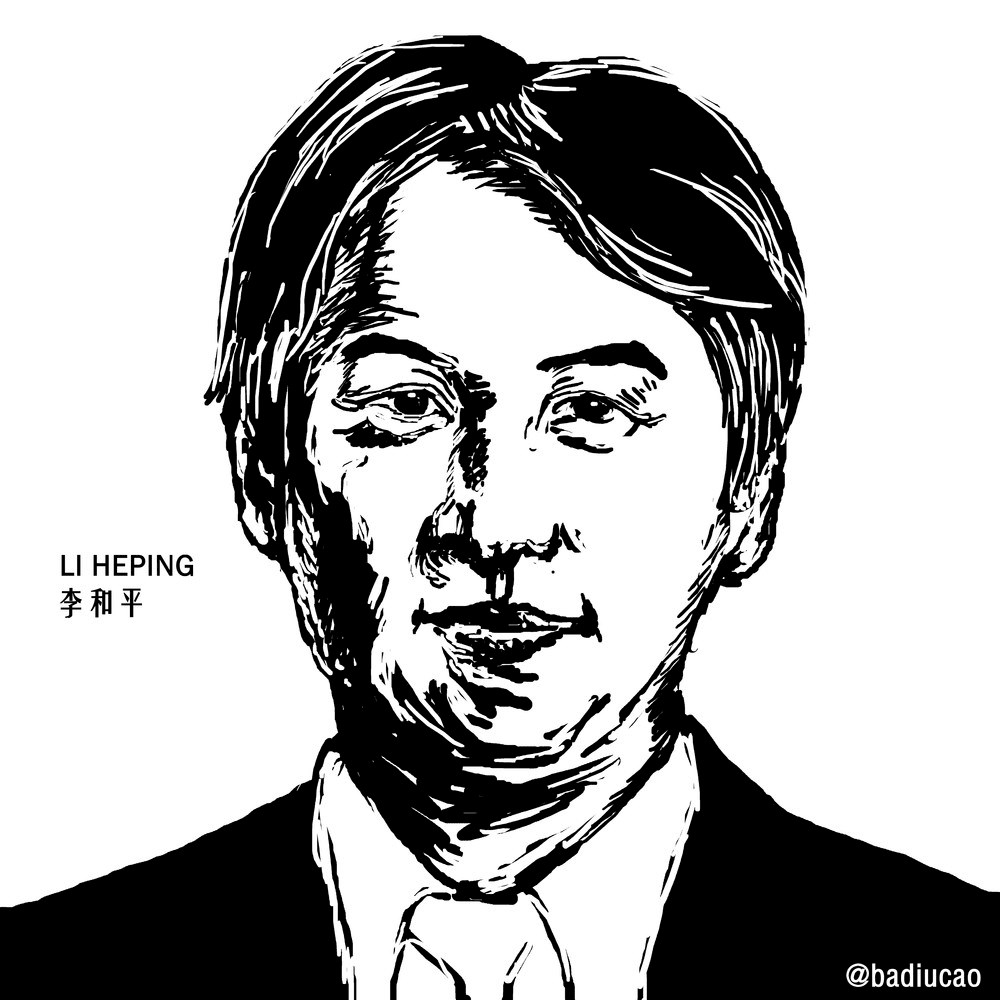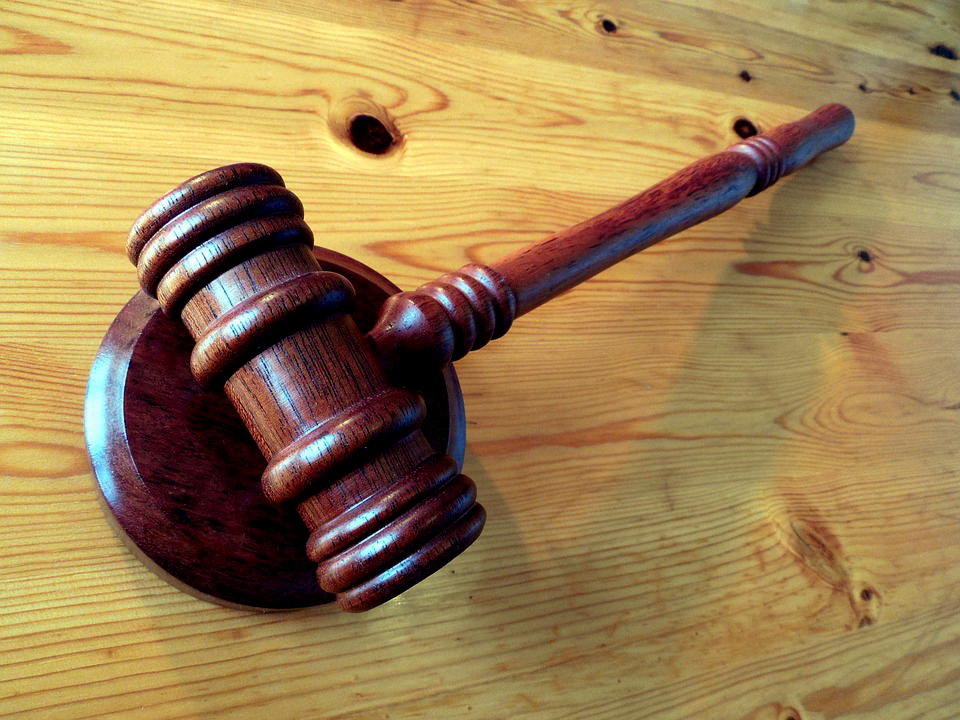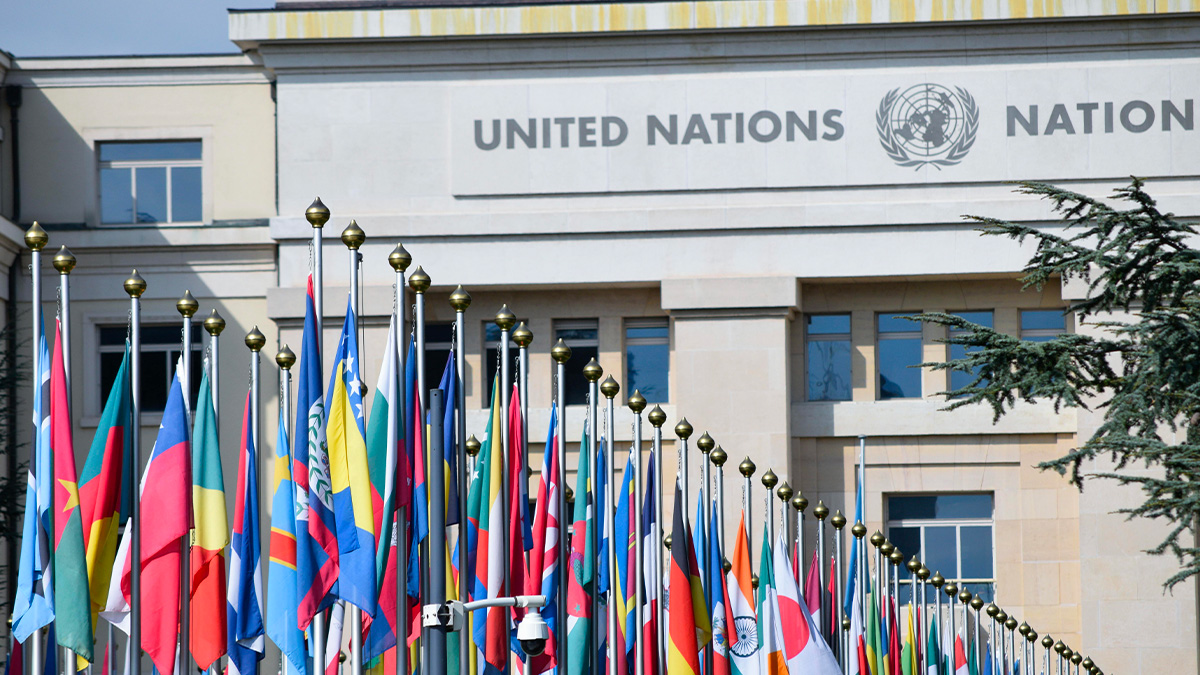
ISHR’s 2024 highlights
Here are 10 human rights impacts we achieved in partnership with defenders and partners from around the world, with the support of our donors!

Human rights lawyers taken as part of the ‘709 crackdown’ in China were denied full justice yet again this week. From ISHR’s perspective, these actions cross another red line. Calls from the United Nations for the lawyers’ unconditional release are missing, just when they should be amplifying the demands of defenders on the ground.
Chinese human rights lawyers Li Heping and Xie Yang were arrested in a nationwide crackdown on rights lawyers and activists in July 2015. The Chinese government has escalated attacks on human rights defenders and lawyers and continues to ignore calls from the international community to release its grip on civil society.
The trial of Li Heping was conducted in secret on Tuesday, 25 April. Because the case involved ‘state secrets’, he was not allowed a lawyer of his choosing, and indeed had not met with his family since his detention began. Li was sentenced to three years in prison with a four-year suspension with deprivation of political rights; according to official announcements, he pleaded guilty and stated that he would not appeal the decision. The court ruling alleged that Li had used foreign media to smear State organs; had accepted foreign funds; and had intentionally ‘provoked dissatisfaction in society’.
Says Sarah M Brooks, Asia programme manager for ISHR, ‘This trial is a sham but far from a joke. It clearly shows the government does not take seriously its obligations. The UN’s top experts on torture called for an end to the crackdown and the misuse of state secret provisions. The Chinese government’s actions have been exactly the opposite’.
Though Li will not serve jail time, the ruling means that he will be ‘silenced for another four years’ stated Patrick Poon, a Hong Kong-based China researcher for Amnesty International.
Li’s wife, Wang Qiaoling was harassed by plainclothes State security as she was walking her dog on Friday, continuing the near-constant surveillance of her and their young son. State security informing her of the secret trial of her husband and asked her to come with them for a ‘reunion’ with her husband in the city of Tianjin. Wang, who has been a vocal activist following her husband’s arrest, refused to go with the State police amid concerns for her safety.
Dozens of supporters and foreign diplomats gathered at the court in Changsha for the start of Xie’s trial, only to be informed that the trial had been indefinitely postponed. Xie was detained by police in the July 2015 crackdown and kept under ‘residential surveillance in a designated location’. This is a form of unregulated detention that the UN Committee against Torture expressed grave concern about in a report last year. Xie has recounted his treatment in detention, including sleep deprivation, long interrogations, humiliation, beatings, and death threats.
In February 2016, UN High Commissioner for Human Rights Zeid Ra’ad Al Hussein expressed concern over China’s clampdown on lawyers and activists, including Li Heping. However, in the months since, despite more problems coming to light, the UN and its experts have remained relatively quiet. Allegations that Li Heping was tortured in detention, including with electric shocks, surfaced in January. In early March, disappeared lawyer Jiang Tianyong was paraded on television in a forced confession. This week, China further disregards its own laws – and universal human rights – by conducting secret trials on trumped up charges.
China Human Rights Lawyers Concern Group (CHRLCG) today called for further attention to the upcoming trial of Xie Yang in addition to human rights lawyer Wang Quanzhang and legal activist Wu Gan, who remain the last people incarcerated in the 709 crackdown. Lawyer Jiang Tianyong, despite appearing in official interviews, has not been in contact with his lawyers or his family since his enforced disappearance in November 2016. On 24 April, a group of 8 international and European legal associations issued a joint letter to the Minister of Public Security expressing concern about the mistreatment of detained lawyers, and calling on China to immediately end the harassment of their family members.
‘The recent silence from the UN human rights head on this case is deafening’, says Ms Brooks. ‘We echo the call of Chinese civil society for justice to lawyers arrested in the 709 crackdown. The voice of the international community, including and especially UN human rights experts, must be heard loud and clear in support of the immediate and unconditional release of Li, Xie and defenders throughout China’.
For more information, please contact Sarah M Brooks at s.brooks[at]ishr.ch

Here are 10 human rights impacts we achieved in partnership with defenders and partners from around the world, with the support of our donors!

In 2024, national, regional, and international courts took action to protect and recognise the rights of human rights defenders. In this article, we explore some of the key cases that have shaped the legal landscape for those advocating for human rights.

On the occasion of the 30th Annual Meeting of Special Rapporteurs, Independent Experts and Chairs of Working Groups, civil society organisations have called for enhancing transparency, coordination, cooperation and measures to promote civil society engagement with the system of Special Procedures.